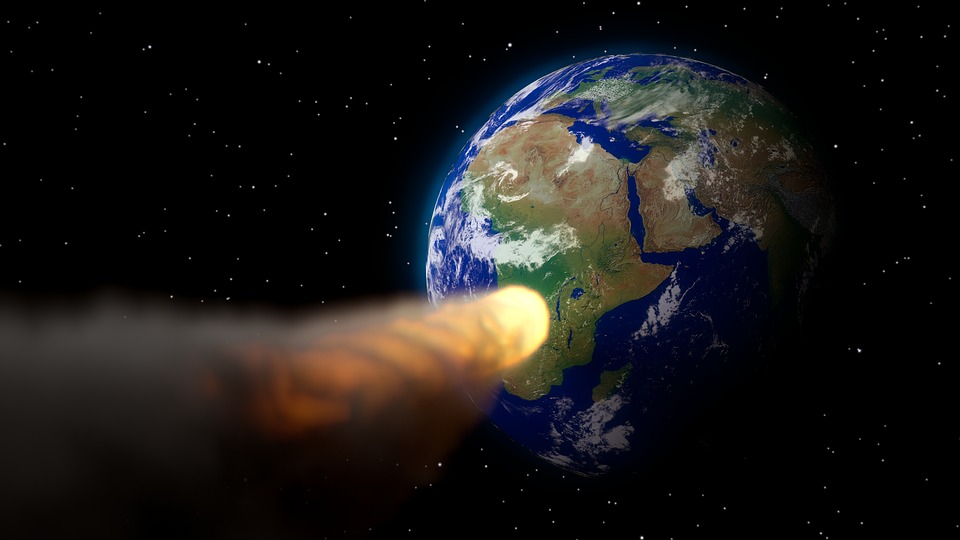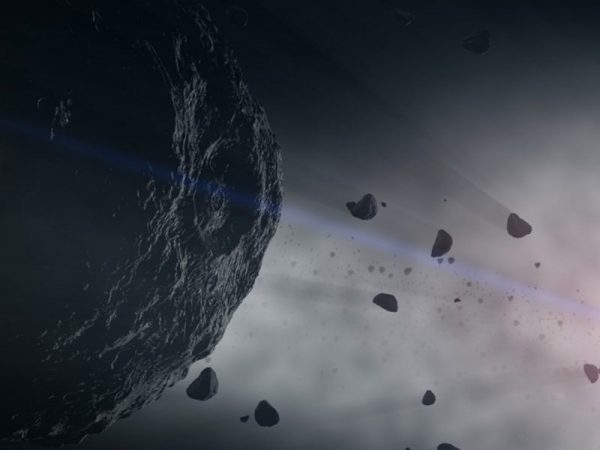“Rainbow Meteorite” May Carry the Building Blocks of Life
A small, soft space rock smacked into Costa Rica on April 23, 2019. And it may have carried building blocks for life. The washing machine-sized clay fireball broke up before landing, . Locals found shards scattered between two villages, La Palmera and Aguas Zarcas. And while meteorites turn up all over Earth, these shards were special; the asteroid that spawned them was a soft remnant of the early solar system, made from the dust from the spinning nebula that would ultimately form our solar system, formed in even older stars. And the meteorites that rained down from the event — … Read more









